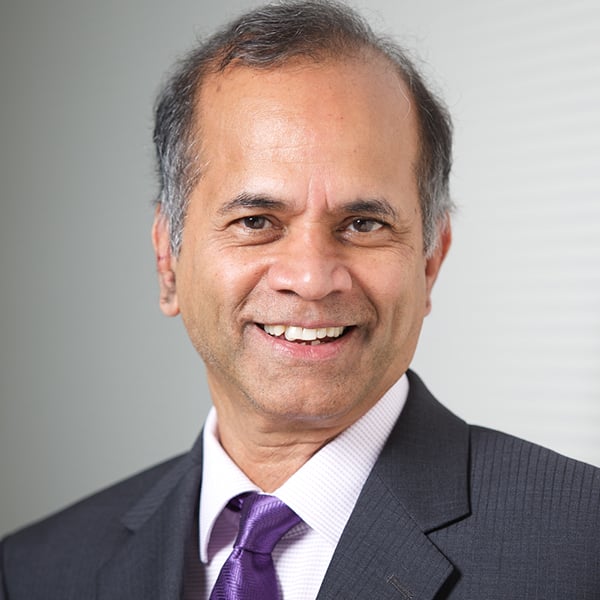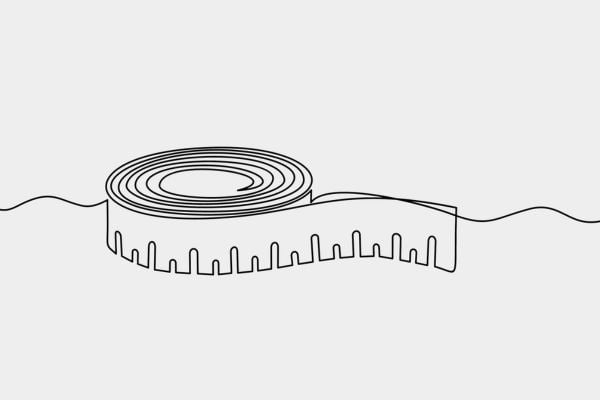Research Interests
Rama Chellappa, a Bloomberg Distinguished Professor in electrical and computer engineering and biomedical engineering and an interim Co-Director of the Data Science and Artificial Intelligence Initiative, is a pioneer in the area of artificial intelligence. His work in computer vision, pattern recognition, and machine learning have had a profound impact on areas including biometrics, smart cars, forensics, and 2D and 3D modeling of faces, objects, and terrain. His work in motion capturing and imaging shows promise for future use in health care and medicine.
He joined Johns Hopkins after 29 years at the University of Maryland, where he served lengthy stretches as chair of the Department of Electrical and Computer Engineering and director of the Center for Automation Research. He is a member of Johns Hopkins’ Center of Imaging Science, the Center for Language and Speech processing, the Institute for Assured Autonomy, and the Mathematical Institute for Data Science.
Chellappa’s research has shaped the field of facial recognition technology—developing detailed face models based on shape, appearance, texture, and bone and muscle structure. Under a recent program called Janus, he and his team have developed a high-accuracy face recognition system that serves critical needs for federal and commercial sectors. The team has also worked on modeling facial expressions, with potential for a variety of medical applications.
He also is known as an expert in machine learning, a branch of artificial intelligence that instructs computer systems to perform tasks based on patterns and inferences. In one recent experiment, Chellappa and colleagues tested the skills of expert forensic facial examiners against the skills of machines; as it turned out, the best results came when both sides worked together. This research has implications for how machine learning algorithms can help doctors diagnose disease.
Chellappa has also worked on gait analysis, which can apply to an enormous range of uses—everything from diagnosing Parkinson’s disease to human identification at a distance.
He was born and raised in South India, near Chennai, and studied at the University of Madras and the Indian Institute of Science before attending Purdue University in Indiana, which was then building an international reputation for a branch of machine learning known as statistical pattern recognition.
Chellapa’s book, Can We Trust AI ?, was published by the Johns Hopkins University Press in 2022. Chellappa is the 2020 recipient of the Jack S. Kilby Signal Processing Medal for his contributions to image and video processing, particularly face recognition. This is one of the top honors from the Institute of Electrical and Electronics Engineers (IEEE), where Chellappa is a life fellow and previously served as editor-in-chief of journals. Among many other honors, Chellappa has also won technical achievement awards from the IEEE Computer Society and the IEEE Signal Processing Society; the latter also awarded him with its highest honor, the Society Award. In 2023, he was inducted into the National Academy of Engineering, the highest honor accorded to an engineer..
He earned his doctorate in electrical engineering there, studying under mentors including Keinosuke Fukunaga, R.L. Kashyap, and King Sun-Fu. (Some three decades later, Chellappa won the esteemed award named for Sun-Fu, from the International Association of Pattern Recognition.) His interest in biomedical engineering dates back to these years when he designed a cardiac pacemaker as his capstone project.
During his doctoral studies, he also conducted research at the University of Maryland (UMD) with Azriel Rosenfeld, one of the founding fathers of computer vision. The mentorship launched his career in this field, which trains computers to identify, classify, and understand digital images. Chellappa later joined UMD as a professor in 1991, after 10 years at the University of Southern California.
Titles
- Bloomberg Distinguished Professor, Biomedical Engineering
Affiliated Centers & Institutes
Education
- PhD, Electrical Engineering, Purdue University, 1981
- MSEE, Purdue University, 1978
- Master of Engineering (Distinction), Electrical and Communication Engineering, Indian Institute of Science, 1977
- Bachelor of Engineering (Honours), Electronics and Communication Engineering, University of Madras, 1975
Recent Highlights
-
July 23, 2024Natalia Trayanova and Rama Chellapa discuss timely issues that academic researchers are grappling with—Can and should AI be regulated? How have rapid AI advances changed teaching?
-
July 3, 2024Effective July 1, Alexis Battle and Rama Chellappa will serve as interim co-directors of the Johns Hopkins Data Science and AI Institute.
-
June 25, 2024The Discovery Awards are intended to spark new interactions among investigators across the university rather than to support established projects. Teams can apply for up to $100,000 to explore a new area of collaborative work with special emphasis on preparing for an externally funded large-scale grant or cooperative agreement.


